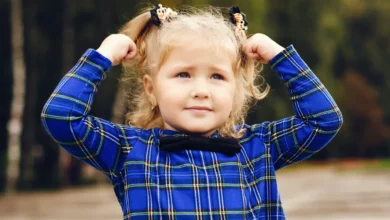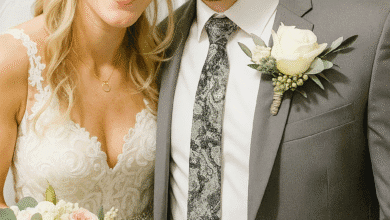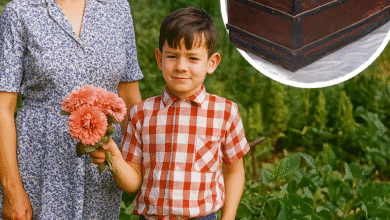The Dog That United and Divided a Friendship.
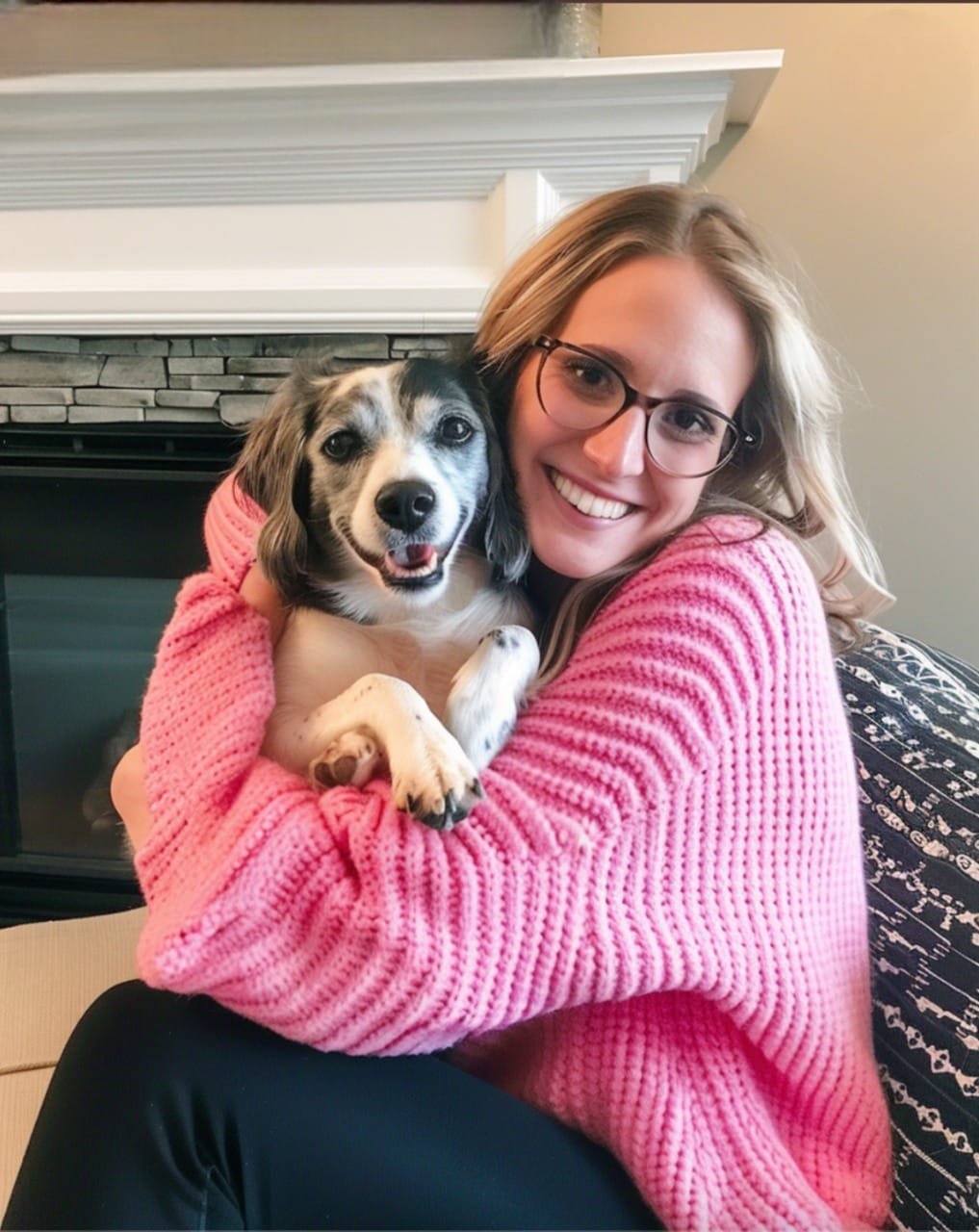
A little over a year ago, I adopted my friend April’s dog, Lucy, when she moved in with her boyfriend who didn’t want pets. At the time, April told me that since she couldn’t keep Lucy in her new home, she would entrust her to me. “I trust you with Lucy—I know she’ll be happy with you,” she said, giving me full rights over the dog.
From that moment on, Lucy became my world. She was my companion during the darkest days, helping me overcome a deep depression. She was my comfort, my joy, my reason to smile every single day.
As time went on, Lucy adapted perfectly to my routine. We went on daily walks in the park, played in the yard, and at night, she would curl up beside me to sleep. She not only helped me through depression—she made me stronger and taught me how to face my fears. She was my baby, and I was her home.
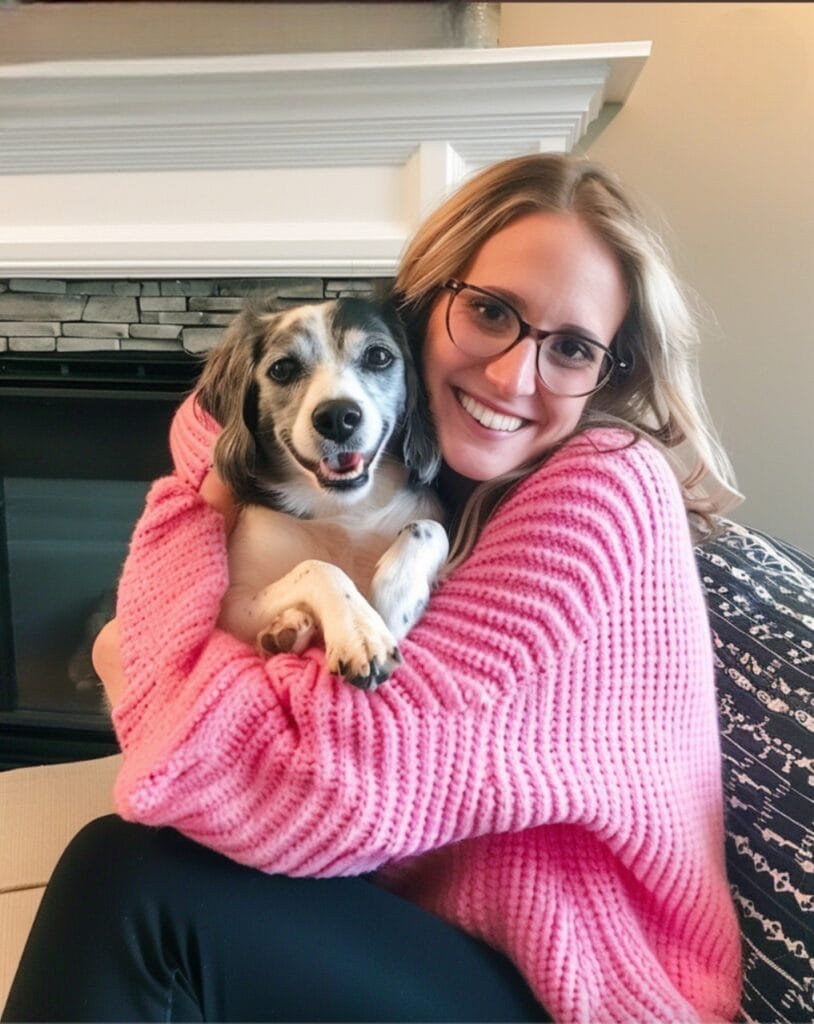
But everything changed one Wednesday afternoon. April called me out of the blue.
“Hey, how are you?” she asked, her voice hesitant.
“All good. And you?” I replied, not suspecting a thing.
“Well… I’ve been thinking a lot lately,” she began. “My boyfriend is okay with having a pet now, and… I really want Lucy back.”
My heart dropped. “What?” I asked, stunned. “April, Lucy is part of my life now. It’s been over a year—she’s happy here. I can’t give her back.”
“But… she’s my dog. I only gave her to you because I couldn’t take her with me. Things have changed, and I want her again,” she insisted, her tone now firm.
I paused, trying to absorb what she was saying. After everything we had shared, she was asking me to let Lucy go.
“April, I can’t. Lucy is happy here. This is her home now.”
There was a long silence on the line. Then she said, “I know you’re attached, but I have the right to have her too.”
I felt sadness and frustration. “You chose to leave her with me. Now you have to respect that she’s found a home. It’s not fair to put her in the middle of this.”
After that call, the messages started coming. Angry, bitter texts. She called me selfish, accused me of stealing her dog, and said she would never forgive me.
Then things got worse—she started telling her version of the story to our family, twisting the truth. She claimed I had refused to return Lucy and that I had no intention of ever giving her back. Some relatives called me, confused. Some even started to doubt me.
The stress became overwhelming. I lost sleep, my heart was broken. Lucy was my friend and my comfort—and now April was trying to tear us apart.
Despite all the drama, I stood firm. I couldn’t let a falling-out with April take Lucy away from me.
Then, weeks later, I received a message from her:
“Can we talk? I need to apologize.”
I was shocked—and relieved. I agreed to meet her the next day. When I saw her, April looked sad. We sat on a bench at the park while Lucy happily ran around us.
“I’m sorry,” she began, her voice soft and full of regret. “I was so blinded by the idea of having her back that I didn’t see how much I was hurting you. It wasn’t fair to you—or to Lucy.”
I looked at Lucy, joyfully bouncing around, then back at April.
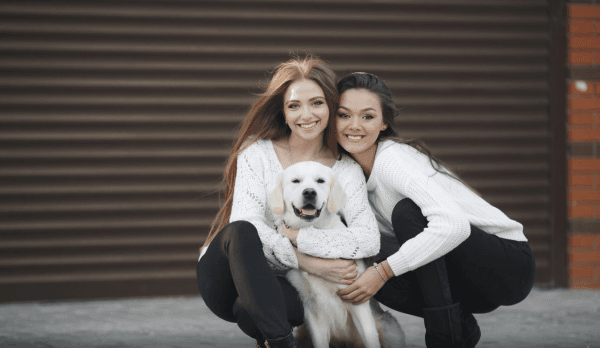
“I understand. I know how much you love her, and I don’t want you to feel like I stole her from you. But she has a home with me now. What matters most is that she’s happy.”
April nodded, tears in her eyes.
“I know. I’m so sorry. It was just hard to accept.”
I took a deep breath.
“It’s okay, April. What matters is that we talked. Lucy has a special place in my life, but that doesn’t mean you’re not important too.”
We hugged. And although things didn’t go back to how they used to be, I learned something valuable: the love for a pet can be so deep that it’s hard to share.
But I also learned that sometimes, real love means letting go—or at least recognizing what’s best for those we care about.
Lucy is still my companion. And I’m grateful that April and I found peace in our friendship. In the end, what truly matters is that Lucy is loved—and has two hearts that will always care for her.
